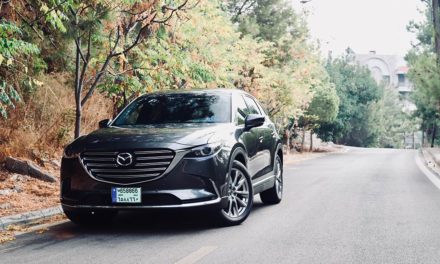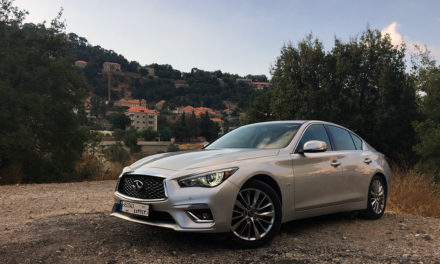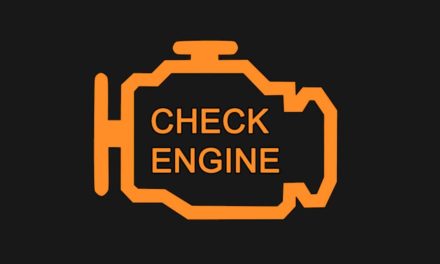he first time I ever got behind the wheel of a car unsupervised, I wrecked my dad’s BMW. All that was left of the shiny silver coupe was a mangled silver mess, but miraculously I emerged unscathed. I was one of the lucky ones.
Soon after, a friend of mine swerved into oncoming traffic to pass a car. He misjudged. He ended up in the hospital, as did his brother and a friend. His younger cousin was killed.
That incident took place over 30 years ago, but it seems that after all this time, very little has changed. Every day we still have reports of young people involved in car accidents, and far too often the crashes prove fatal. On average, at least 500 people die in car crashes every year in Lebanon.
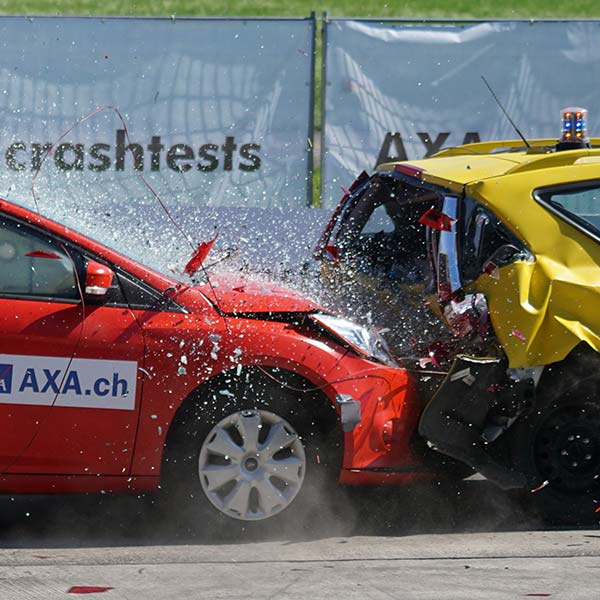
Of the hundreds of road deaths that take place each year, at least 35 percent, are between the ages of 15 and 29.
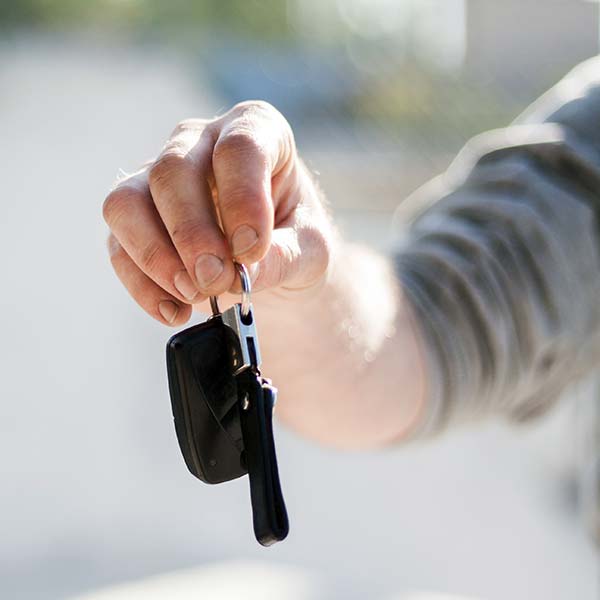
Like everything else, safe driving habits come with experience, and while we can teach a teen to drive, have them memorize road signs and make them recite motoring rules, experience cannot be taught. Developing the reflexes, the restraint and the judgement needed to navigate roads safely literally takes years, but unfortunately most kids are handed the car keys as soon as they pass their driver’s test and receive a license.
It is therefore ironic that the parents, or older siblings, who are most concerned about the safety of teens behind the wheel don’t realize that they’re the ones who can set the ground rules to keep the kids safe while they gather the needed experience.
It is therefore ironic that the parents, or older siblings, who are most concerned about the safety of teens behind the wheel don’t realize that they’re the ones who can set the ground rules to keep the kids safe while they gather the needed experience.


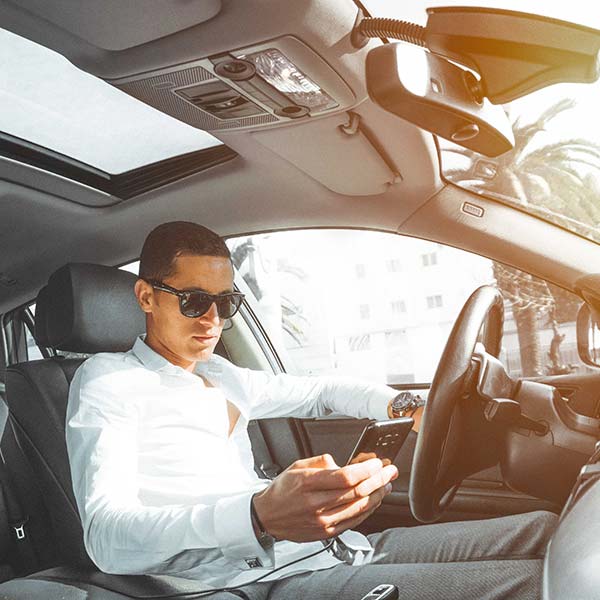
For starters, they should not drive unsupervised until they demonstrate responsible motoring. They are more likely to drive responsibly with an adult in the car, and over time that practice can become an ingrained habit. Also, by supervising their driving, we can identify their weaknesses and correct them before they become bad habits.
For starters, they should not drive unsupervised until they demonstrate responsible motoring. They are more likely to drive responsibly with an adult in the car, and over time that practice can become an ingrained habit. Also, by supervising their driving, we can identify their weaknesses and correct them before they become bad habits.

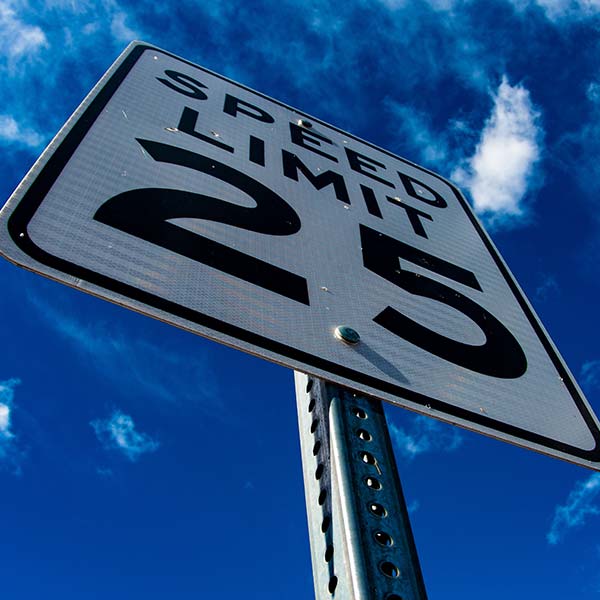
Prohibit passengers in the car other than a parent or a supervising older sibling. Passengers, especially other teens or raucous youngsters, can be distractions, drawing the teen’s attention from the road to a conversation, an argument or just frivolity that can be catastrophic in a car.
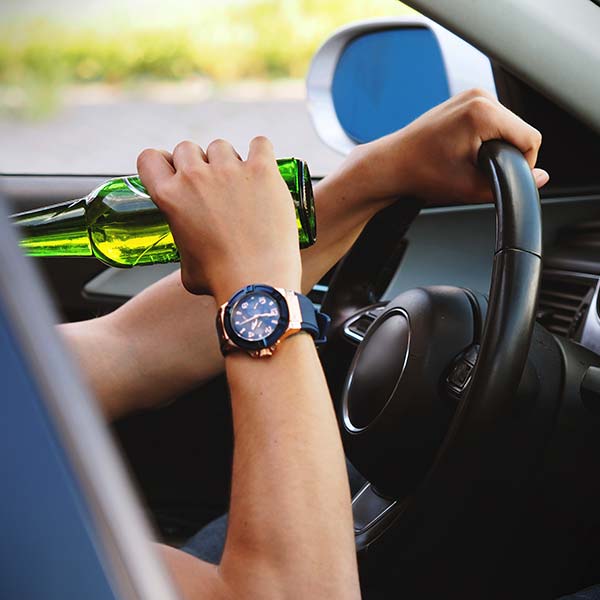
It goes without saying that teens must understand the perils of drinking and driving, the importance of wearing their seat belts and not talking on cellphones, and the impact of being a good role model cannot be overestimated. You must demonstrate, without fail, the sort of behavior you want your child to adhere to behind the wheel.
It goes without saying that teens must understand the perils of drinking and driving, the importance of wearing their seat belts and not talking on cellphones, and the impact of being a good role model cannot be overestimated. You must demonstrate, without fail, the sort of behavior you want your child to adhere to behind the wheel.


Make sure they understand that driving is not a right but a privilege, which if abused, can be taken away just as easily as it was granted. Back the warning with action; if the rules are breached, take away the keys. It’s better to have a disgruntled child safe at home than the alternative.

